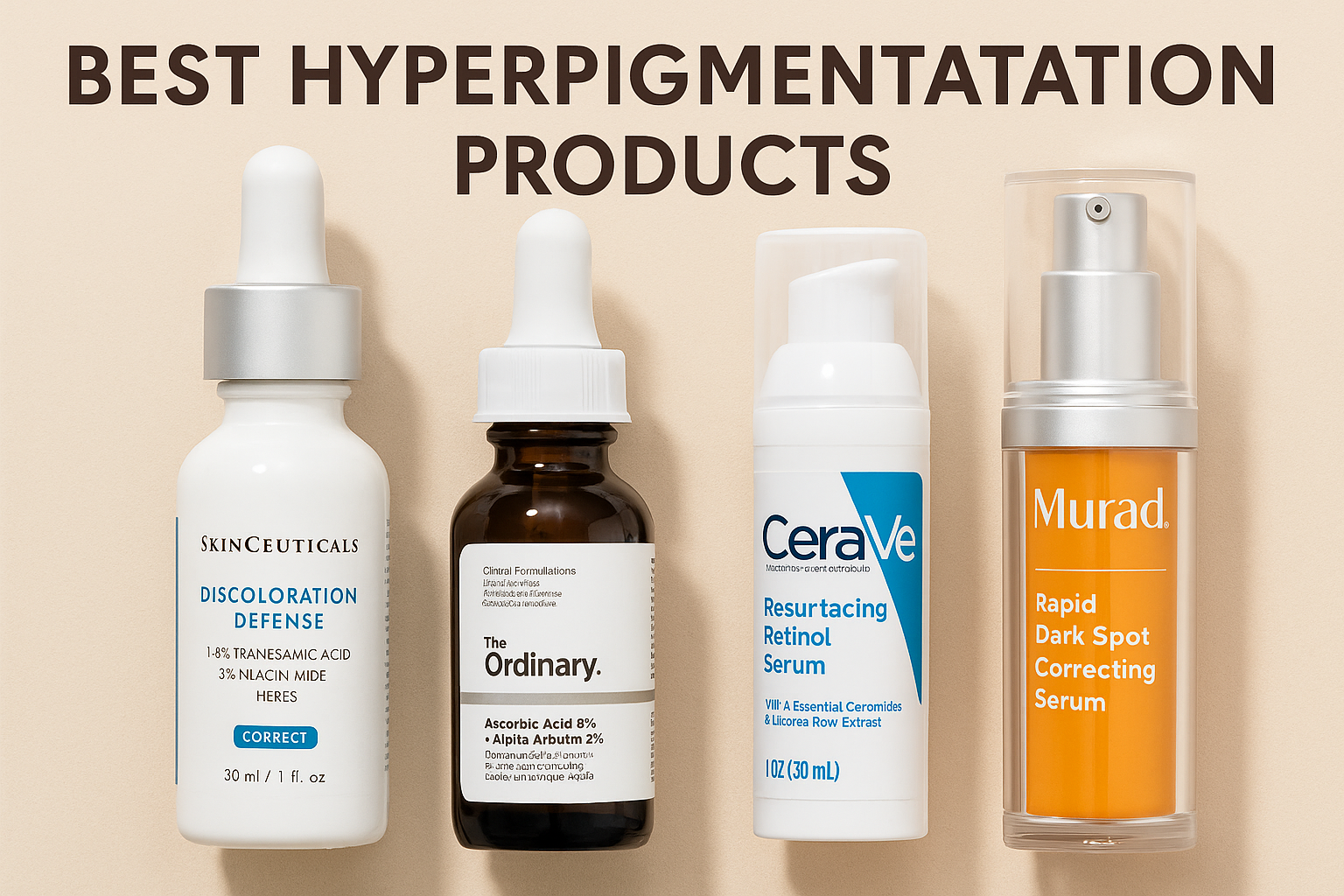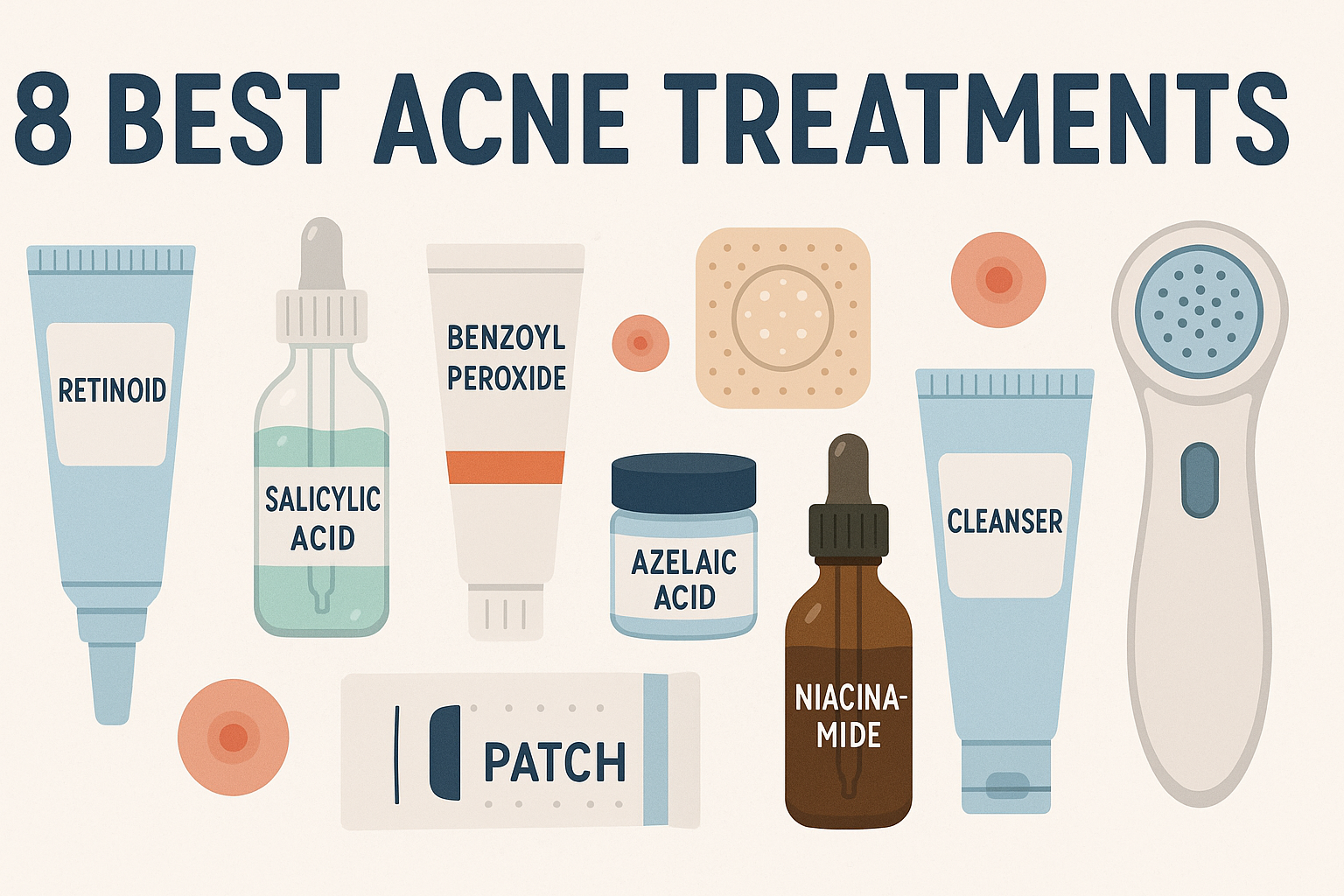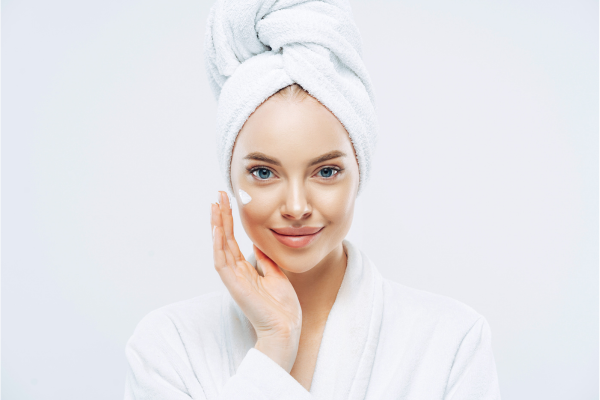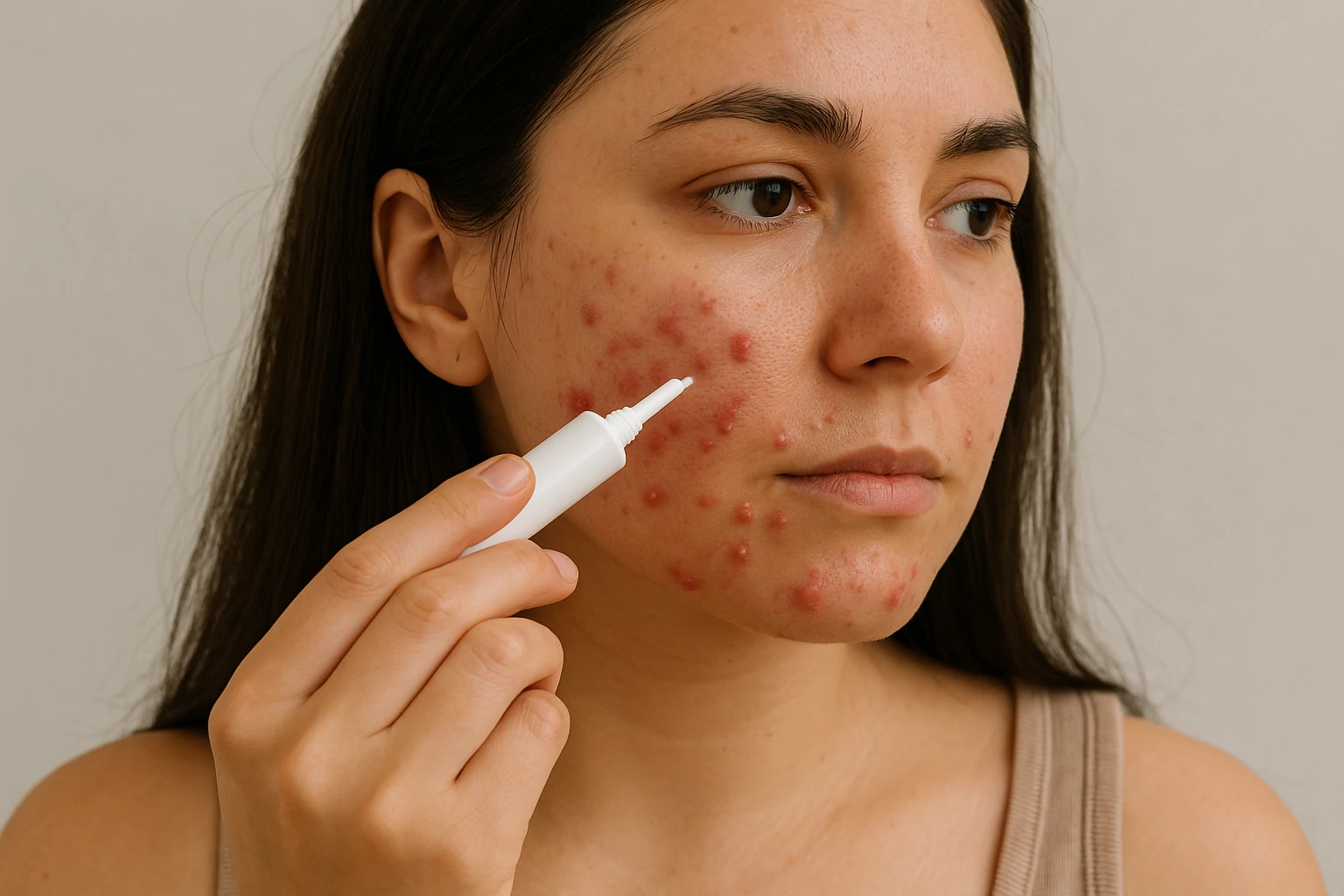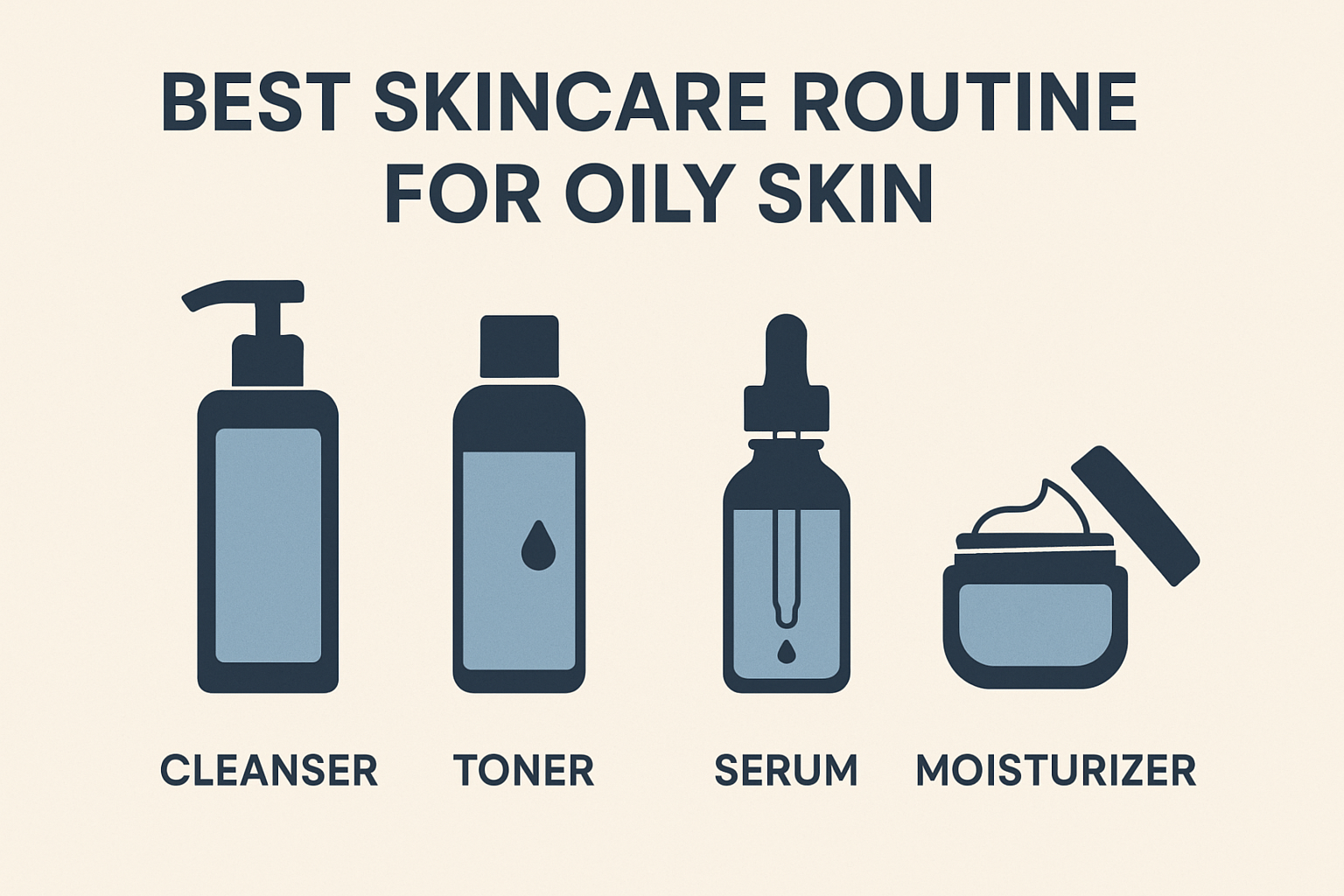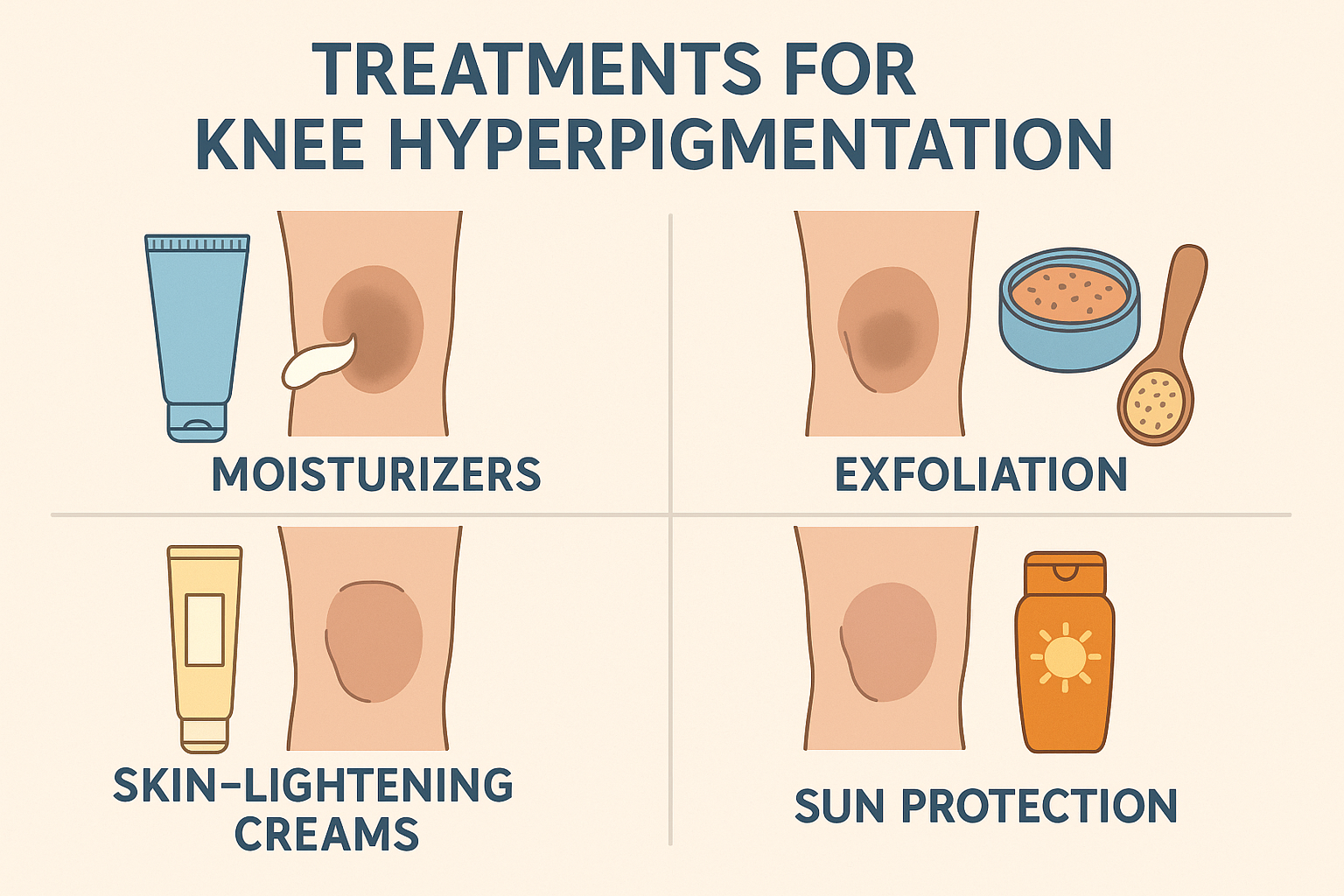Arbutin for Dark Spots: Dermatologists’ #1 Recommended Fix
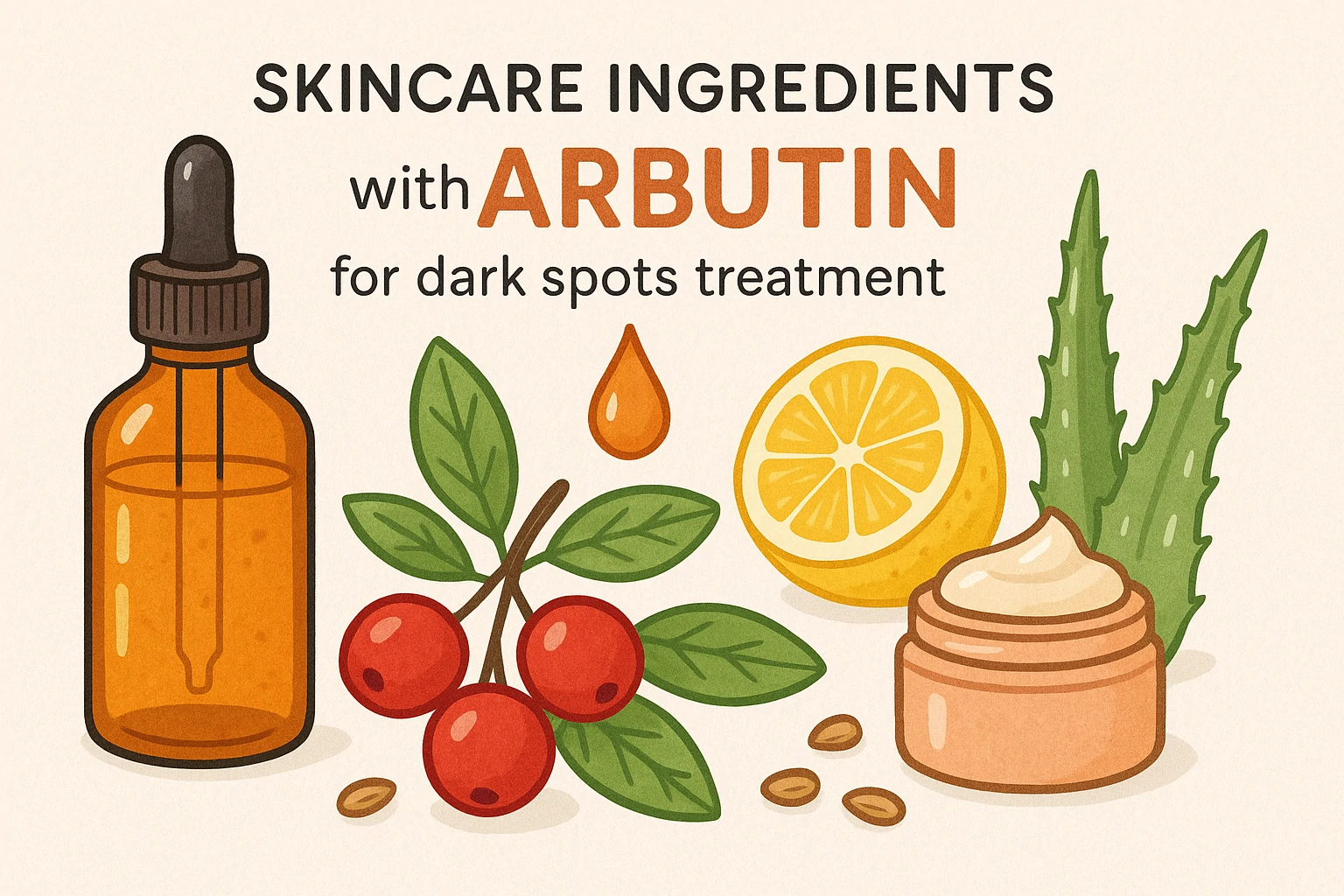
Looking to fade dark spots, acne scars, or uneven skin tone? Arbutin might just be the gentle yet powerful skincare ingredient your routine is missing. While it may not be as famous as vitamin C, retinol, or glycolic acid, arbutin has earned a solid place in dermatologists’ top recommendations for brightening the skin—especially for sensitive types.
Unlike harsher brightening agents, arbutin works by gradually inhibiting the enzyme tyrosinase, which plays a key role in melanin production. Less melanin means fewer dark patches, and over time, a visibly more even skin tone. What makes arbutin stand out is its skin-friendly nature—making it suitable for all skin types, including sensitive skin.
Available in serums, moisturizers, toners, and masks, arbutin works best with consistent use, ideally paired with sun protection. Not only does it help fade existing hyperpigmentation, but it also helps prevent new dark spots from forming. No wonder many dermatologists call it their go-to for safe, long-term brightening.
What Is Arbutin and How Does It Work?
Arbutin is a naturally derived skin-brightening compound extracted from the bearberry plant.[1Yong Chool Boo. Arbutin as a Skin Depigmenting Agent with Antimelanogenic and Antioxidant Properties. National Institutes of Health (NIH), 2021 Jul 15;10(7):1129. doi: 10.3390/antiox10071129.] In skincare, it’s celebrated for its ability to reduce hyperpigmentation by blocking tyrosinase—an enzyme crucial to melanin formation.
Melanin is the pigment that gives skin its color. When skin is exposed to ultraviolet (UV) rays, melanin production increases as a defense mechanism, often leading to sunspots, melasma, or post-acne marks.[2Cleveland Clinic: How to get rid of age spots (or liver spots) and avoid more. Updated March 12, 2020.] Arbutin steps in to gently slow this process down.
By targeting tyrosinase activity at the source, arbutin helps fade existing dark spots while minimizing the appearance of new ones.[3Boo YC. Arbutin as a Skin Depigmenting Agent with Antimelanogenic and Antioxidant Properties. Antioxidants (Basel). 2021 Jul 15;10(7):1129. doi: 10.3390/antiox10071129.] Thanks to its balance of effectiveness and gentleness, it’s widely used in skincare products aimed at dull or uneven complexions.
1. The Natural Origins of Arbutin
Arbutin occurs naturally in several plants, including bearberry (Arctostaphylos uva-ursi), blueberries, cranberries, and even pear leaves. Its popularity in modern dermatology stems from its proven ability to reduce melanin formation through tyrosinase inhibition—a mechanism that makes it highly effective against hyperpigmentation issues like dark spots, melasma, and acne scars.
Because it’s derived from plants, natural arbutin tends to be more skin-friendly than many synthetic brighteners. It’s less likely to cause irritation, making it a safer option for long-term use, especially on sensitive skin. This is why trusted skincare brands such as The Ordinary, Hada Labo, and Innisfree often highlight arbutin in their brightening formulas—it delivers results without compromising skin health.
2. Alpha-Arbutin vs. Beta-Arbutin: Which One Is Better?
When browsing skincare labels, you may come across two forms of arbutin: alpha-arbutin and beta-arbutin. While both are similar in chemical structure, they perform quite differently on your skin.
Alpha-arbutin is the gold standard. It’s more stable, water-soluble, and has better absorption properties, making it significantly more effective at suppressing melanin production. For this reason, alpha-arbutin is the preferred choice in most premium skincare products.
Beta-arbutin, on the other hand, is less stable and breaks down more easily when exposed to heat or light. While it still offers brightening benefits, its effectiveness is generally lower and less reliable over time. Most dermatologists and skincare experts agree that alpha-arbutin is the safer and more effective option for daily use.[4Boo YC. Arbutin as a Skin Depigmenting Agent with Antimelanogenic and Antioxidant Properties. Antioxidants (Basel). 2021 Jul 15;10(7):1129. doi: 10.3390/antiox10071129.]
Arbutin vs. Other Dark Spot Fading Ingredients
Arbutin often gets compared to other popular dark-spot treatments like kojic acid and licorice root extract. All three work through a similar mechanism—by inhibiting tyrosinase to slow down melanin production and reduce pigmentation. But each ingredient has its own strengths.
Kojic acid, derived from fungi, is a powerful brightener but can sometimes be irritating, especially for sensitive skin. Licorice root extract is soothing and anti-inflammatory, making it a great companion to other actives but is typically milder on its own.
Then there’s hydroquinone, a well-known and potent pigment reducer. It works aggressively on melanocytes (the cells that produce melanin) and is often prescribed for severe hyperpigmentation. However, hydroquinone carries a higher risk of side effects—like redness, dryness, and long-term skin sensitivity—especially with prolonged use.
That’s where arbutin shines. It offers a gentle yet effective alternative, providing visible results without harsh reactions. For those just starting their skincare journey or looking for a safer long-term solution, arbutin is a top-tier option recommended by dermatologists for brightening skin with minimal risk.
Top Benefits of Arbutin for Skin Brightening
Arbutin is a favorite among dermatologists for a reason—its wide range of skin benefits makes it a powerful yet gentle solution for hyperpigmentation. Here are some of the top advantages of using arbutin in your skincare routine:
- Shields Against UV-Induced Dark Spots
Arbutin helps protect your skin from sun-related darkening by slowing down the production of tyrosinase, the enzyme responsible for melanin formation. This makes it a helpful companion to your daily sunscreen. - Gentle on Sensitive Skin
Unlike some brightening ingredients that can cause dryness or irritation, arbutin releases its active components slowly—making it well-tolerated even by sensitive skin types. - Evens Out Skin Tone Naturally
By controlling melanin levels, arbutin gradually fades dark patches and prevents new ones from forming, helping your skin look more even-toned and balanced over time.[5Sarkar R, Arora P, Garg KV. Cosmeceuticals for hyperpigmentation: what is available? J Cutan Aesthet Surg. 2013;6(1):4-11. doi:10.4103/0974-2077.110089.] - Safe for Twice-Daily Use
One of the best things about arbutin is its versatility—you can use it both in the morning and at night as part of your regular skincare routine. - Reduces Post-Acne Marks
Arbutin helps fade stubborn acne marks, especially those red or purplish spots left behind after breakouts. - Brightens Overall Complexion
With consistent use, arbutin contributes to a radiant, glowing appearance, giving your skin a healthy, luminous look.
Are There Any Side Effects of Arbutin?
Despite its reputation as a gentle brightening ingredient, it’s important to understand how to use arbutin safely—especially if you have sensitive or reactive skin.
While arbutin is chemically related to hydroquinone, it doesn’t act as aggressively. Most dermatologists consider it a much safer alternative. When used correctly, arbutin rarely causes irritation, making it suitable for long-term use without harsh side effects.[6National Center for Biotechnology Information. PubChem compound summary for CID 440936, arbutin. Updated Oct. 24, 2020.]
According to experts, arbutin is especially effective for post-acne marks and sunspots. Products like the 2-Step Acne Clarifying System (approx. $46) combine soothing and brightening agents, making them ideal for treating blemish-prone skin while improving overall tone.
Still, like with any skincare product, a patch test is highly recommended—especially if your skin tends to react easily. Apply the product to a small area of skin and monitor for 24 hours before fully incorporating it into your routine.
How to Use Arbutin for Maximum Brightening Results
To get the most out of your arbutin product, consistency and application technique matter. Here’s how to use it properly:
- Apply Twice a Day
Use arbutin in the morning and evening after cleansing and before applying your moisturizer. This allows it to penetrate clean skin and work more effectively. - Choose the Right Form
Arbutin is commonly found in serums but is also available in creams, masks, and even toners. Look for formulas with stable concentrations and skin-friendly ingredients. - Combine with Complementary Actives
For boosted results, arbutin pairs well with vitamin C or AHAs (like lactic acid or glycolic acid). These combinations can accelerate dark spot fading and improve skin clarity—just be cautious and start slowly if you’re new to actives. - Watch for pH Sensitivity
In high pH environments, arbutin can break down into hydroquinone. Fortunately, most skincare products are formulated at a neutral pH to avoid this. Always stick to trusted brands and avoid mixing arbutin with overly alkaline products. - Don’t Skip Sunscreen
Arbutin makes your skin more vulnerable to UV damage if left unprotected. Daily sunscreen use is non-negotiable for optimal brightening and long-term skin health.
Is Arbutin Safe for Sensitive Skin Types?
Yes—arbutin is considered one of the most skin-friendly brightening agents available today. It’s gentle enough for daily use, even on sensitive skin, and can be paired with stronger ingredients like retinol or exfoliating acids to balance their intensity.
Dermatologists often recommend arbutin to patients who want to lighten hyperpigmentation without the risk of irritation. Its slow-release nature helps prevent redness, flaking, or dryness that sometimes comes with more aggressive brighteners.
However, every skin type is different. If you’re new to active ingredients, start by testing arbutin on a small patch of skin. If there’s no reaction after 24 hours, it’s likely safe to use more broadly.
With proper use, arbutin can brighten and even out your complexion without compromising your skin barrier—a win for anyone dealing with uneven tone, especially beginners in skincare.
Best Arbutin Products Recommended by Skincare Experts
With so many arbutin products on the market, choosing the right one can feel overwhelming. Here are some expert-approved favorites known for their efficacy and gentle formulas:
- The Ordinary Alpha Arbutin 2% + HA
A budget-friendly yet powerful serum that combines high-strength alpha arbutin with hydrating hyaluronic acid. Great for all skin types, including beginners. - Naturium Alpha Arbutin Serum 2%
This multitasking serum includes niacinamide and hyaluronic acid to not only fade dark spots but also strengthen the skin’s moisture barrier. - Paula’s Choice Radiance Renewal Mask
A luxurious overnight mask infused with arbutin, vitamin C, and peptides to brighten while you sleep. - The Inkey List Alpha Arbutin Serum
A simple, affordable formula ideal for first-time users. It delivers noticeable results without overwhelming sensitive skin. - Melano CC Brightening Essence
Known for its potent vitamin C, this cult-favorite Japanese serum also contains arbutin for added brightening power.
Before committing to a product, consider your skin concerns and overall routine. If in doubt, a quick consultation with a dermatologist can help you find the ideal formula for your needs.
Final Thoughts
Absolutely—especially if you’re looking for a gentle yet effective way to fade dark spots, acne marks, and uneven skin tone. Arbutin stands out as one of the safest and most dermatologist-recommended brightening ingredients available today. Its plant-based origins, low risk of irritation, and compatibility with sensitive skin make it an ideal choice for both skincare beginners and seasoned users.
Unlike more aggressive ingredients, arbutin works gradually—delivering visible results without compromising skin health. With consistent use, especially when paired with sunscreen and other brightening agents like vitamin C or niacinamide, arbutin can help you achieve a clearer, more radiant complexion over time.
Whether you’re targeting stubborn hyperpigmentation or simply want to improve overall skin brightness, arbutin offers a well-rounded solution that’s backed by science and trusted by skin experts worldwide. Just remember: patience and consistency are key to seeing long-term results.
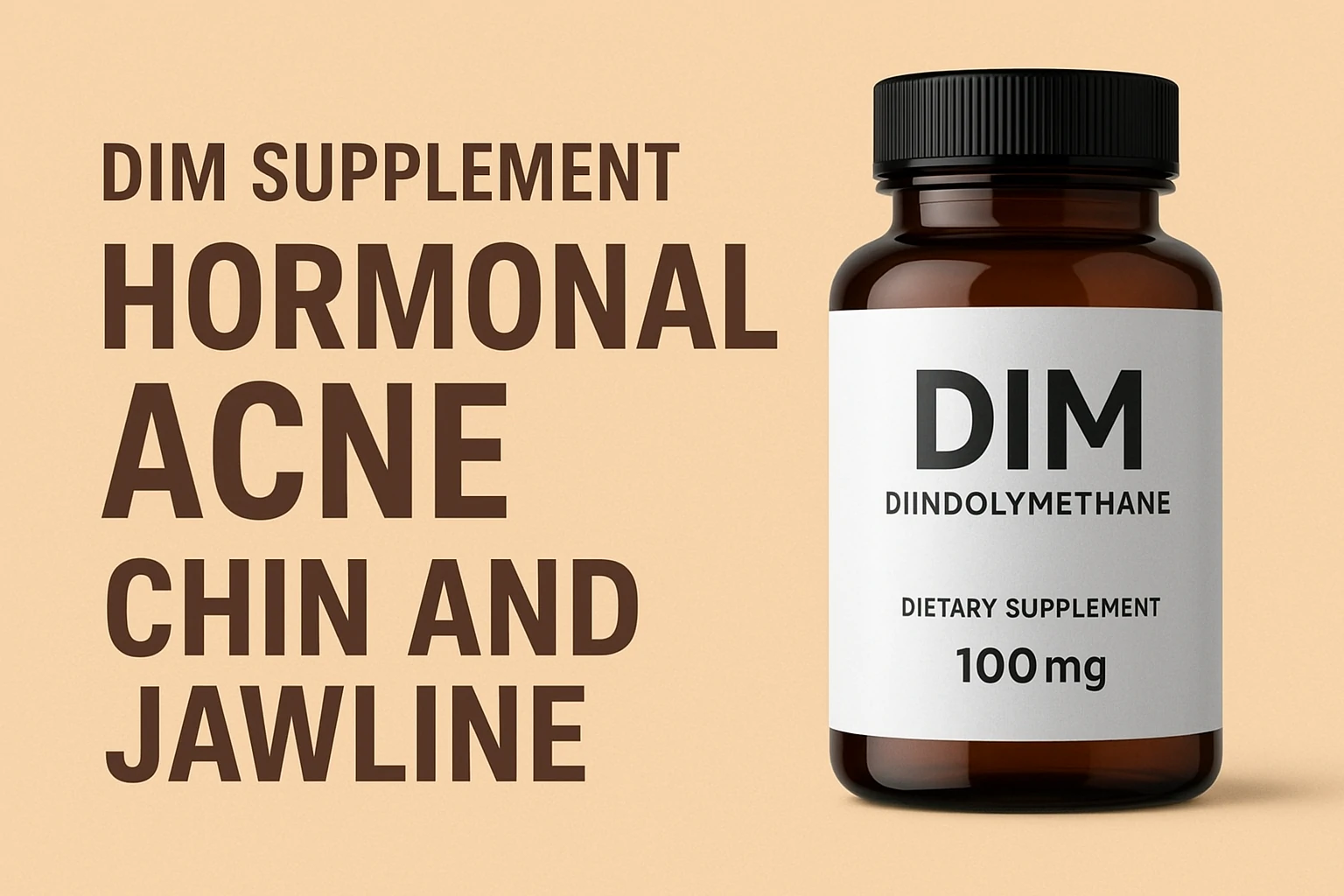
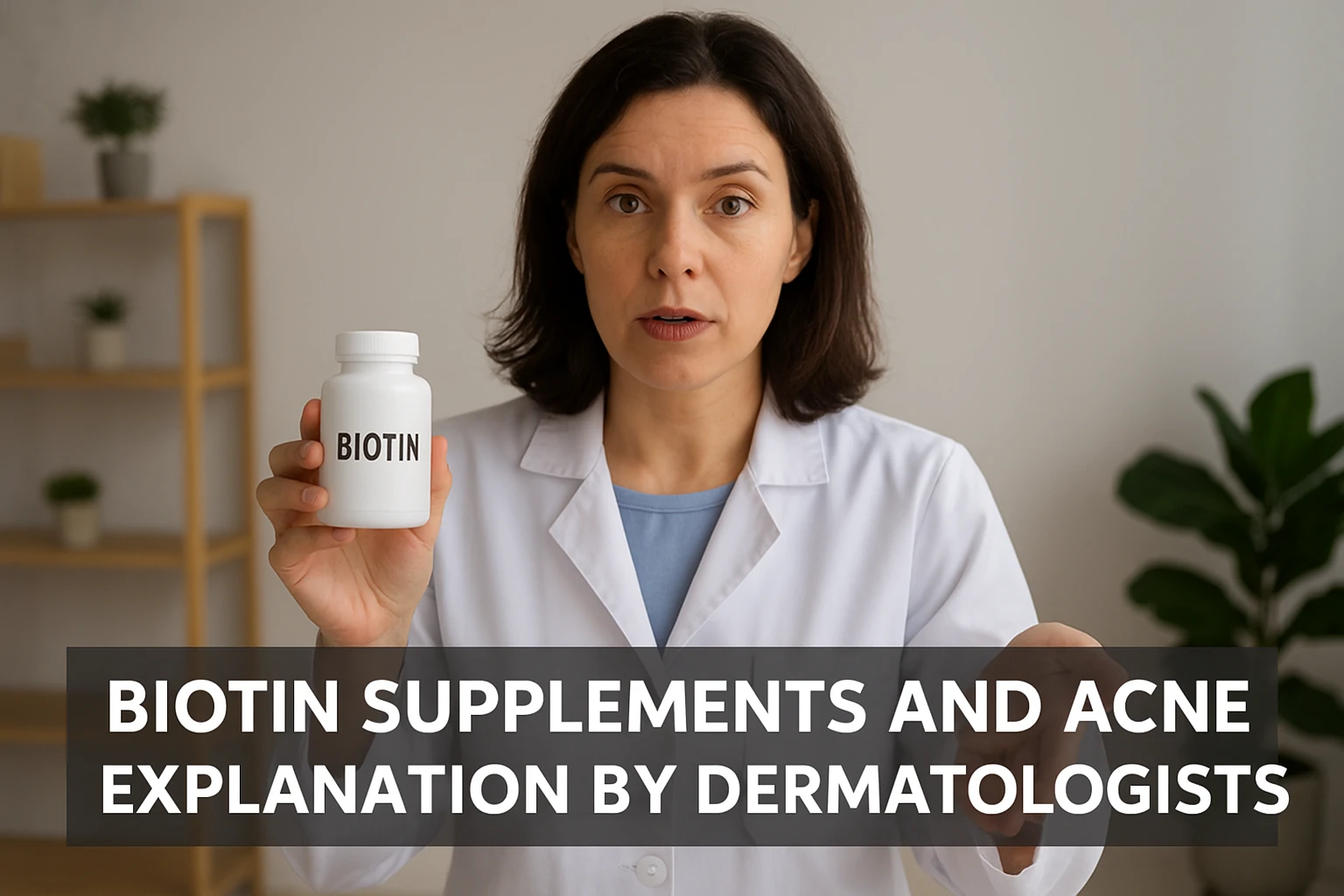
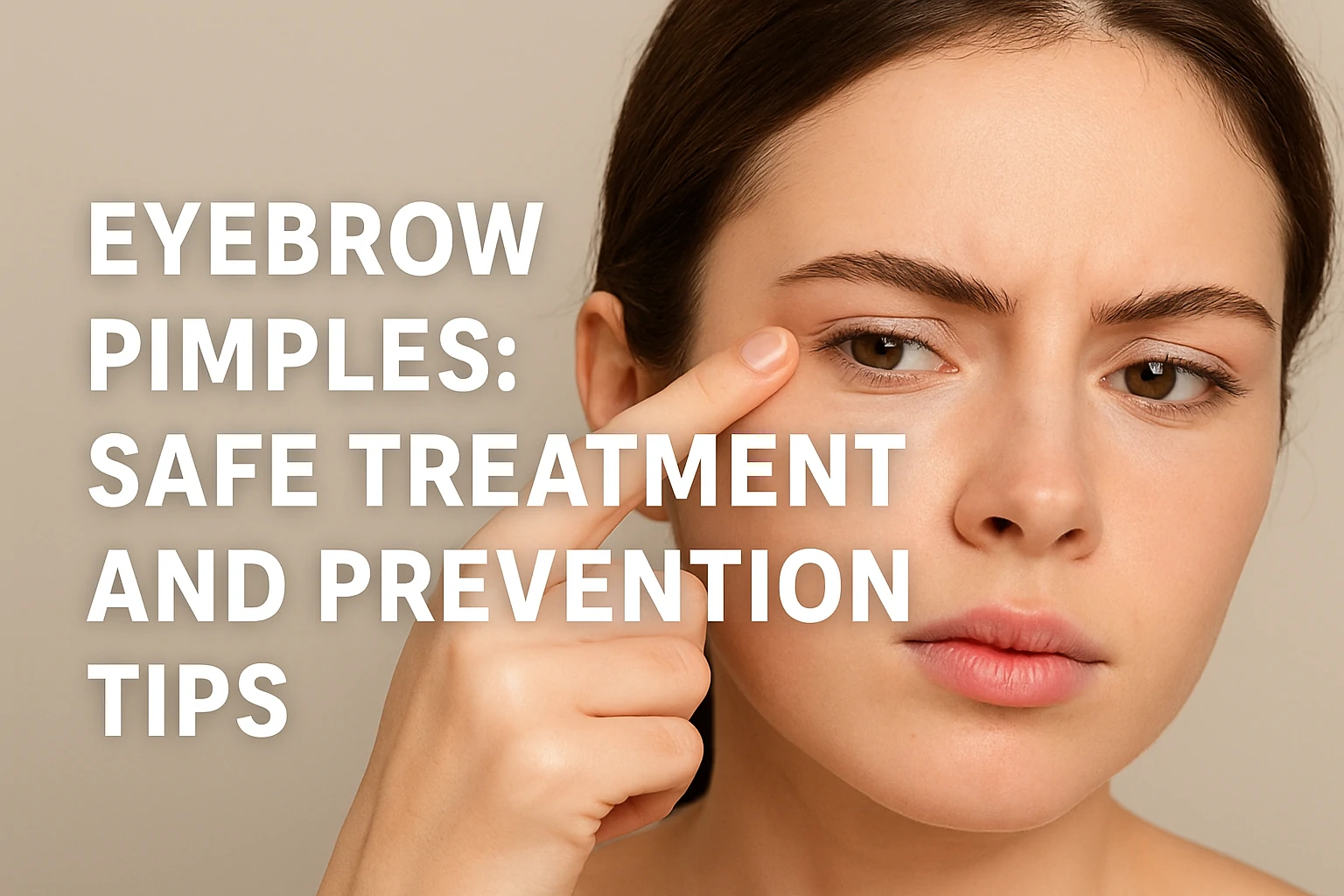
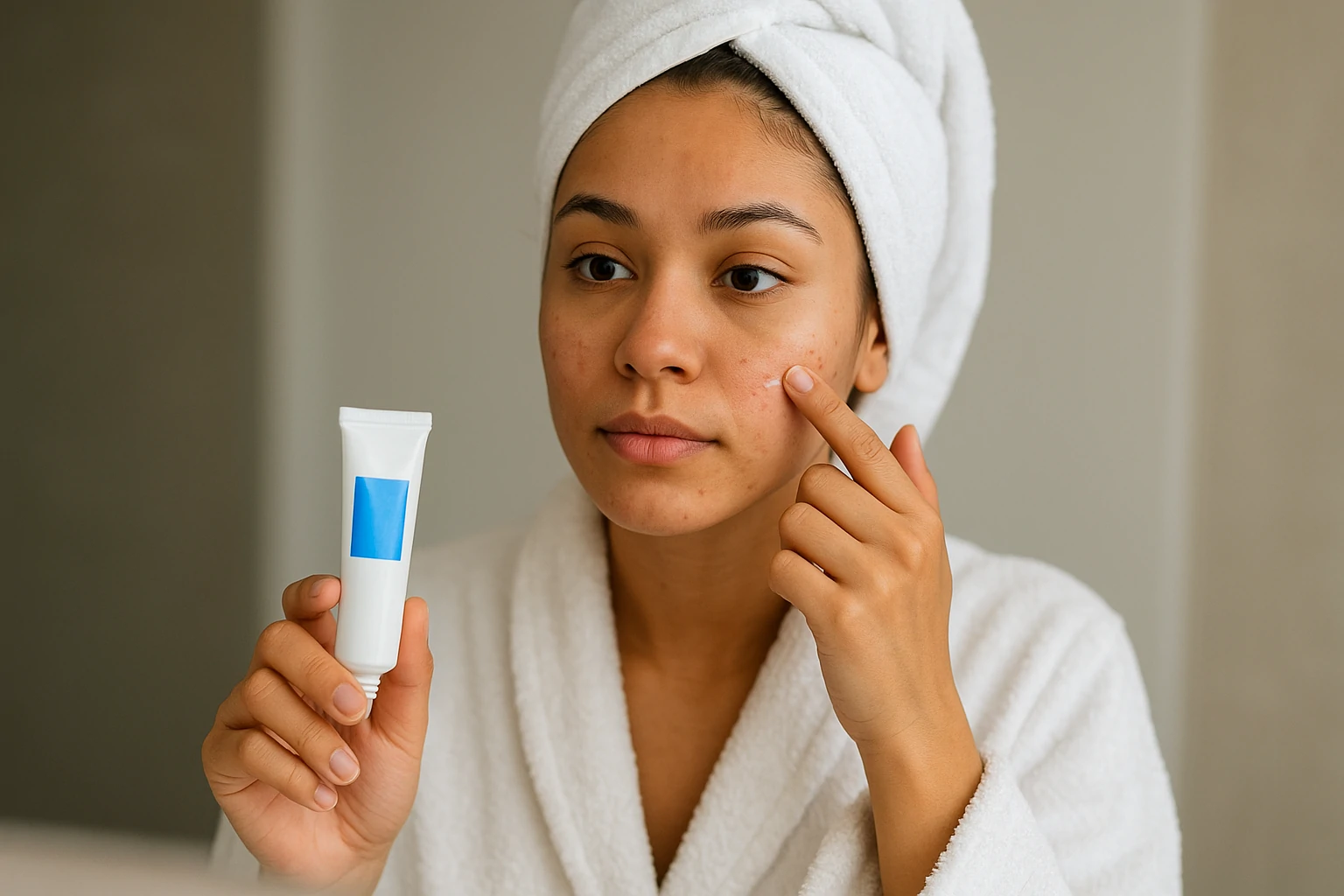
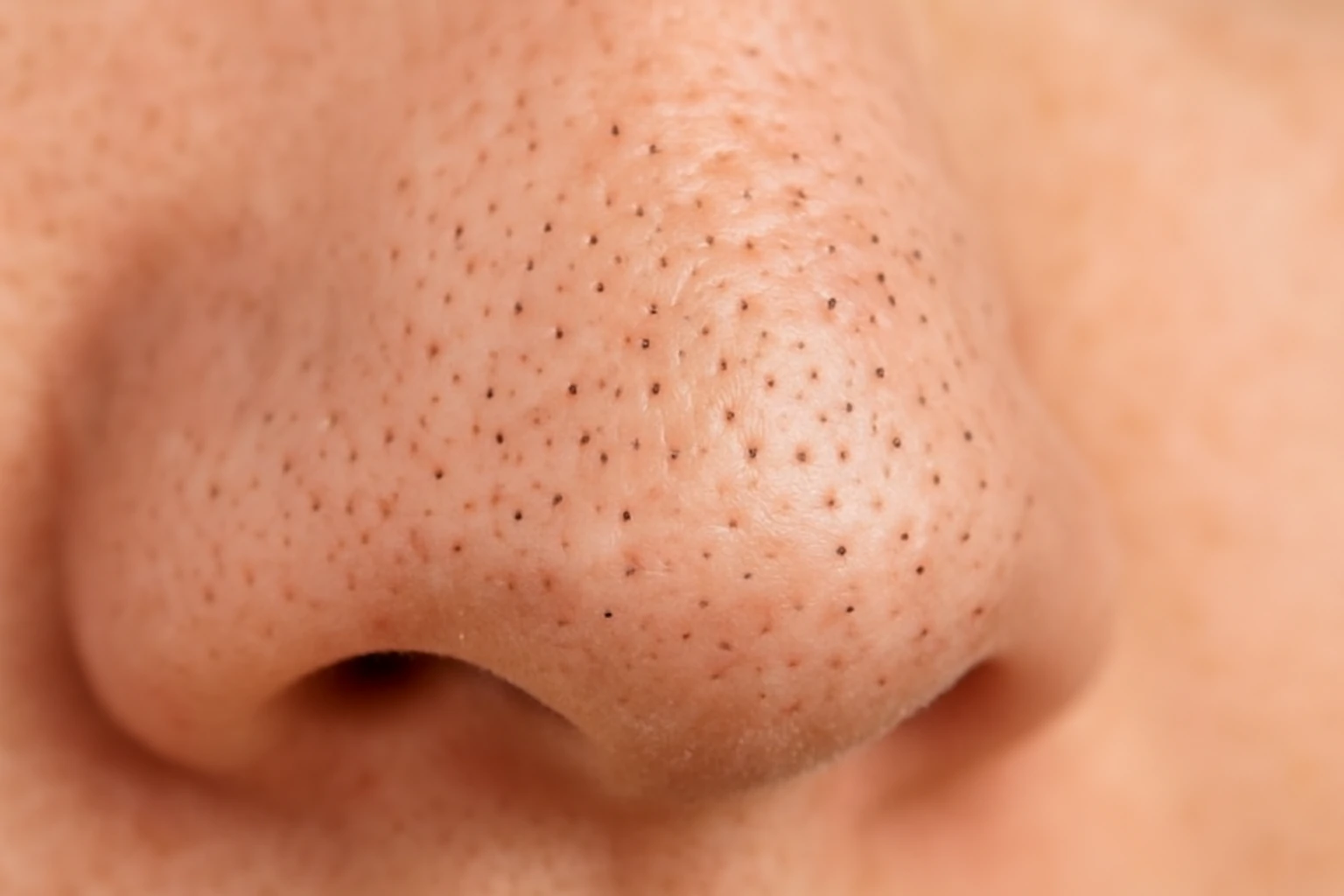
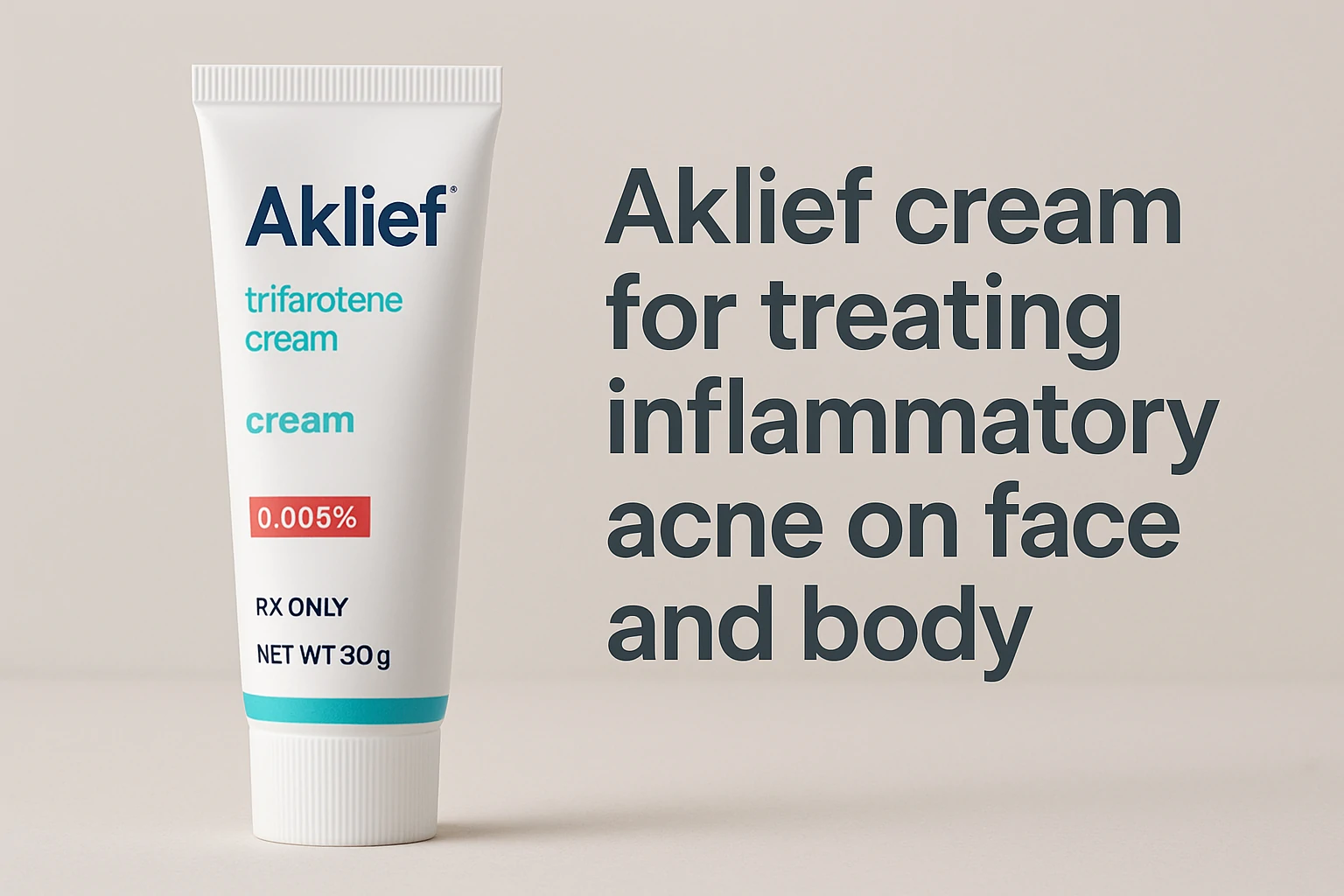
 Acne
Acne Anti-Aging
Anti-Aging Business
Business Digital Marketing
Digital Marketing Economics
Economics Exfoliation
Exfoliation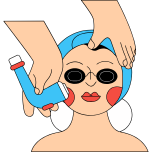 Hair Removal
Hair Removal Movies
Movies Personal Finance
Personal Finance Websites
Websites
